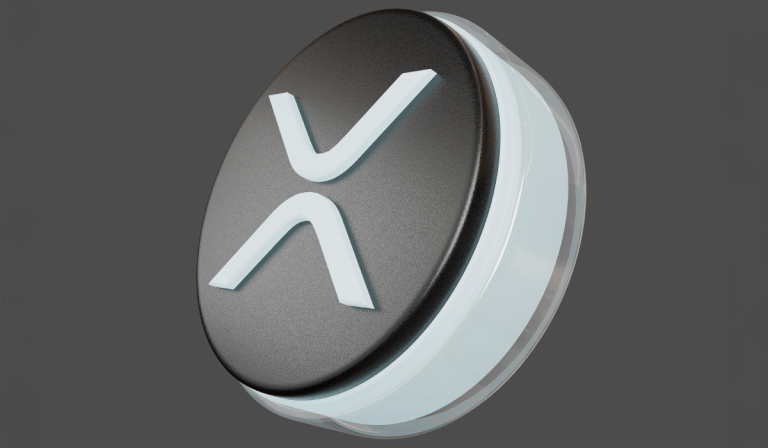Amazon turns to rival SpaceX to launch next batch of Kuiper internet satellites
Amazon is racing to catch up to SpaceX's Starlink, which currently dominates the market with a constellation of roughly 8,000 satellites.

United Launch Alliance Atlas V rocket carrying the first two demonstration satellites for Amazon's Project Kuiper broadband internet constellation stands ready for launch on pad 41 at Cape Canaveral Space Force Station on October 5, 2023 in Cape Canaveral, Florida, United States.
Paul Hennessey | Anadolu Agency | Getty Images
As Amazon chases SpaceX in the internet satellite market, the e-commerce and computing giant is now counting on Elon Musk's rival company to get its next batch of devices into space.
On Wednesday, weather permitting, 24 Kuiper satellites will hitch a ride on one of SpaceX's Falcon 9 rockets from a launchpad on Florida's Space Coast. A 27-minute launch window for the mission, dubbed "KF-01," opens at 2:18 a.m. ET.
The launch will be livestreamed on X, the social media platform also owned by Musk.
The mission marks an unusual alliance. SpaceX's Starlink is currently the dominant provider of low earth orbit satellite internet, with a constellation of roughly 8,000 satellites and about 5 million customers worldwide.
Amazon launched Project Kuiper in 2019 with an aim to provide broadband internet from a constellation of more than 3,000 satellites. The company is working under a tight deadline imposed by the Federal Communications Commission that requires it to have about 1,600 satellites in orbit by the end of July 2026.
Amazon's first two Kuiper launches came in April and June, sending 27 satellites each time aboard rockets supplied by United Launch Alliance.
Assuming Wednesday's launch is a success, Amazon will have a total of 78 satellites in orbit. In order to meet the FCC's tight deadline, Amazon needs to rapidly manufacture and deploy satellites, securing a hefty amount of capacity from rocket providers. Kuiper has booked up to 83 launches, including three rides with SpaceX.
Space has emerged as a battleground between Musk and Amazon founder Jeff Bezos, two of the world's richest men. Aside from Kuiper, Bezos also competes with Musk via his rocket company Blue Origin.
Blue Origin in January sent up its massive New Glenn rocket for the first time, which is intended to rival SpaceX's reusable Falcon 9 rockets. While Blue Origin currently trails SpaceX, Bezos last year predicted his latest venture will one day be bigger than Amazon, which he started in 1994.
Kuiper has become one of Amazon's biggest bets, with more than $10 billion earmarked for the project. The company may need to spend as much as $23 billion to build its full constellation, analysts at Bank of America wrote in a note to clients last week. That figure doesn't include the cost of building terminals, which consumers will use to connect to the service.
The analysts estimate Amazon is spending $150 million per launch this year, while satellite production costs are projected to total $1.1 billion by the fourth quarter.
Amazon is going after a market that's expected to grow to at least $40 billion by 2030, the analysts wrote, citing estimates by Boston Consulting Group. The firm estimated that Amazon could generate $7.1 billion in sales from Kuiper by 2032 if it claims 30% of the market.
"With Starlink's solid early growth, our estimates could be conservative," the analysts wrote.
WATCH: Amazon launches first Kuiper internet satellites into space


 Hollif
Hollif 
































